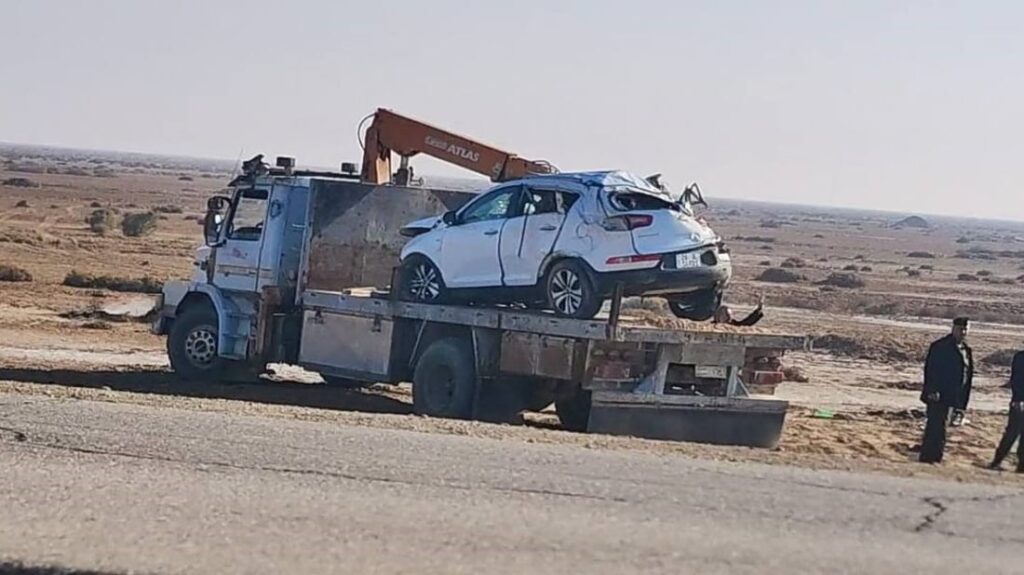Iraqi rebels escalate attacks on US & Turkey assets

The use of an UAV to launch an assault on the US forces suggests a link to Iran since sophisticated attacks using UAVs were not observed till this one
The Military section of the Erbil Airport in Iraq was targeted by an explosive laden Unmanned Aerial Vehicle (UAV) on April 14. The section was in use by the US forces based in Iraq. Fortunately, no casualties were reported from the strike. Few hours before this attack, a Turkish Military base was targeted by four rockets in the Nineveh province of Iraq killing one Turkish soldier. Iraqi Prime Minister Mustafa Al Kadhimi has ordered an investigation into the attack. The Kurdish Regional Government said that at least one rocket hit the airport.
The coordinated targeting of the US and Turkish military bases in Northern Iraq’s Kurdish region may be a result of the Kurdistan Regional Government’s understanding with Turkey over Ankara’s military operations against the PKK. The PKK or the Kurdistan Workers’ Party is an armed political organization striving for greater Kurdistan. It is primarily located in the Northern Iraqi and Southeastern Turkey mountainous regions. Another resistance group called the Asai’b Ahl al Haq has also been at odds with the Turkish military operations in the mountains. The two previous precedents of the April 14 attack on the US base at the airport include a rocket attack on February 15 which deceased a US contractor and a similar attack on September 30 last year. A militant group called Ashab al Kaf has claimed responsibility for the attacks last month.
The use of an UAV to launch an assault on the US forces suggests a link to Iran since sophisticated attacks using UAVs were not observed till this one. The Qod’s Force of the Iranian Revolutionary Guards has previously been accused by the United States of training and supporting these militant groups in Iraq. The suspected Israeli cyber-attack on an Iranian nuclear facility on April 11, may have instigated Iran to give its advanced drones to the Militants.
In the backdrop of cooperation between Kurdistan Regional Government and Turkey, insurgent attacks on Turkish energy assets in the region including possible Militant offensives are likely to see a rise. Turkish offensives against the militants in the hilly region will strive to use air power to prevent losses in ground offensive. A Turkish ground invasion into the rebel held area will see Iran supporting the militants’ step in to provide further support which will make the conflict protracted and much more deadly. The KRG’s energy assets in the Northern Iraqi region are susceptible to attacks like the one at the Erbil Airport. The Turkish operations are likely to escalate violence in the region in the coming days. The use of drones to launch missiles brings in a deadly capability by militants and counter insurgency operations will be more problematic.
An understanding between Ankara and Tehran is desperately needed to prevent the conflict from further escalation. Turkey can halt plans to invade the Sinjar Mountain region held by militants while needs to show restraint in weaponizing the militants with the UAVs. A failure to show restraint will see both sides build up forces with the Militant groups increasing more UAV attacks. An addition of tactical capacity by armed groups in the region may elicit a full-scale Turkish response to prevent the militants from cutting off energy assets of the KRG and Turkey.
The deterioration of security situation in Iraq is a matter of concern. The US exit from Afghanistan is likely to embolden militants. Turkey’s aggressive stance on Kurdish rebels in an area of difficult terrain can bring Iran into the conflict further. The de-escalation mechanism for the benefit of Kurdish people and region must be kept in mind by the actors in the region.
Photo Credit : Getty Images
Like this:


